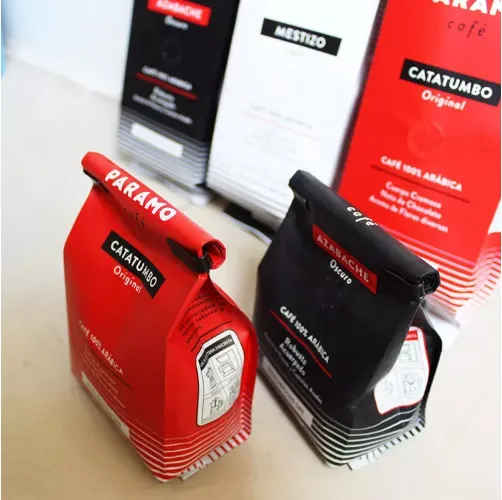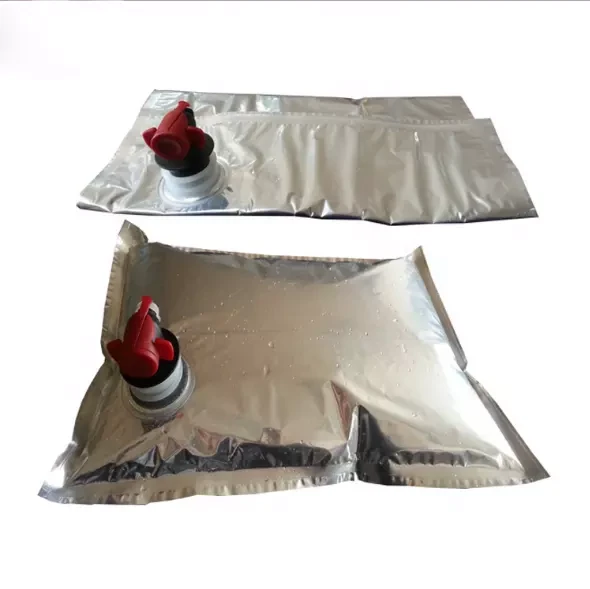- Afrikaans
- Albanian
- Amharic
- Arabic
- Armenian
- Azerbaijani
- Basque
- Belarusian
- Bengali
- Bosnian
- Bulgarian
- Catalan
- Cebuano
- chinese_simplified
- chinese_traditional
- Corsican
- Croatian
- Czech
- Danish
- Dutch
- English
- Esperanto
- Estonian
- Finnish
- French
- Frisian
- Galician
- Georgian
- German
- Greek
- Gujarati
- haitian_creole
- hausa
- hawaiian
- Hebrew
- Hindi
- Miao
- Hungarian
- Icelandic
- igbo
- Indonesian
- irish
- Italian
- Japanese
- Javanese
- Kannada
- kazakh
- Khmer
- Rwandese
- Korean
- Kurdish
- Kyrgyz
- Lao
- Latin
- Latvian
- Lithuanian
- Luxembourgish
- Macedonian
- Malgashi
- Malay
- Malayalam
- Maltese
- Maori
- Marathi
- Mongolian
- Myanmar
- Nepali
- Norwegian
- Norwegian
- Occitan
- Pashto
- Persian
- Polish
- Portuguese
- Punjabi
- Romanian
- Russian
- Samoan
- scottish-gaelic
- Serbian
- Sesotho
- Shona
- Sindhi
- Sinhala
- Slovak
- Slovenian
- Somali
- Spanish
- Sundanese
- Swahili
- Swedish
- Tagalog
- Tajik
- Tamil
- Tatar
- Telugu
- Thai
- Turkish
- Turkmen
- Ukrainian
- Urdu
- Uighur
- Uzbek
- Vietnamese
- Welsh
- Bantu
- Yiddish
- Yoruba
- Zulu
Understanding Compostable Waste and Its Importance for Sustainable Living
Understanding Compostable Waste A Path Towards Sustainable Living
In an era where environmental awareness is paramount, understanding compostable waste and its significance is crucial for a sustainable future. Compostable waste refers to organic materials that can decompose naturally and return nutrients to the soil, thereby enriching it. This process not only reduces the waste sent to landfills but also helps combat climate change by minimizing greenhouse gas emissions.
What is Compostable Waste?
Compostable waste includes a variety of organic materials. Common examples are fruit and vegetable scraps, coffee grounds, eggshells, yard waste (like leaves and grass clippings), and even certain types of paper products like napkins and cardboard. These materials are rich in nutrients, making them ideal for composting. When these items decompose, they create compost, a dark, nutrient-rich soil amendment that can help gardens and plants flourish.
It is important to distinguish compostable waste from biodegradable waste. While all compostable materials are biodegradable, not all biodegradable materials are compostable. For instance, certain plastics may break down but can leave harmful substances in the environment. Compostable materials, on the other hand, break down into natural, non-toxic substances that contribute positively to soil health.
Benefits of Composting
The benefits of composting are manifold. Firstly, composting drastically reduces the amount of waste that ends up in landfills. Landfills are significant sources of methane, a potent greenhouse gas emitted when organic waste decomposes anaerobically. By composting organic waste instead of sending it to landfills, we can significantly lower methane emissions and mitigate climate change.
Secondly, compost contributes to soil health. It improves soil structure, texture, and aeration while increasing its water retention capacity. This is particularly beneficial in times of drought, as compost acts like a sponge, holding moisture for plants. Furthermore, compost provides essential nutrients that enhance plant growth and resilience against pests and diseases.
Additionally, composting can save money. By reducing waste disposal costs and creating compost at home, individuals can decrease their reliance on chemical fertilizers, which are often costly and can harm the environment. Homemade compost is a free and sustainable way to nourish gardens.
what is compostable waste

How to Compost Effectively
Composting can be done at home, in a neighborhood community, or through municipal programs. There are several methods for composting, including backyard composting, vermicomposting (using worms), and bokashi fermentation. Each method has its advantages, depending on space availability and personal preferences.
1. Backyard Composting This method involves creating a compost pile or bin in your backyard. It’s essential to maintain a balance of “green” materials (nitrogen-rich) like food scraps and “brown” materials (carbon-rich) like dry leaves. Regular turning of the pile aids aeration and speeds up the decomposition process.
2. Vermicomposting Using worms, particularly red wigglers, vermicomposting is an efficient way to compost kitchen scraps indoors or in small spaces. The worms consume the waste and produce nutrient-rich worm castings, which are an excellent fertilizer.
3. Bokashi Fermentation This method involves using a specific mix of microorganisms to ferment kitchen waste in a sealed container. The process produces a pre-compost that can then be buried in soil or added to a regular compost pile.
Challenges and Considerations
Despite its many benefits, composting can present challenges. For instance, attracting pests or experiencing unpleasant odors can deter people from composting. However, these issues can often be resolved by maintaining proper composting practices, such as ensuring a balanced mix of materials and adequate aeration.
Conclusion
Compostable waste is more than just a trend; it represents a necessary shift towards sustainable living. By understanding what compostable waste is and how to manage it effectively, individuals can contribute to a healthier planet. Embracing composting not only enriches our soils but also fosters a circular economy that values waste as a resource rather than a burden. The journey towards sustainability starts at home, and composting is a simple yet impactful step in that direction.













